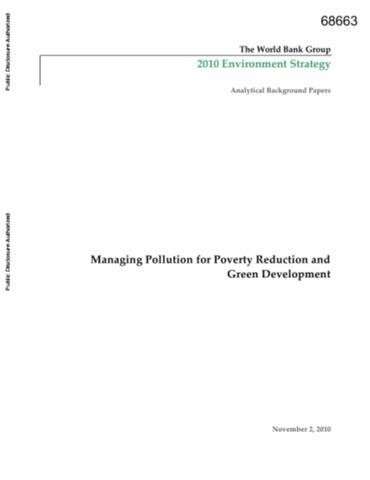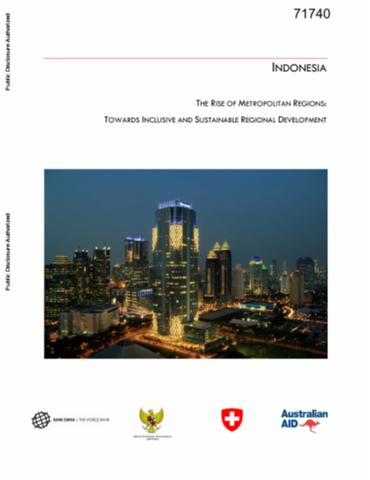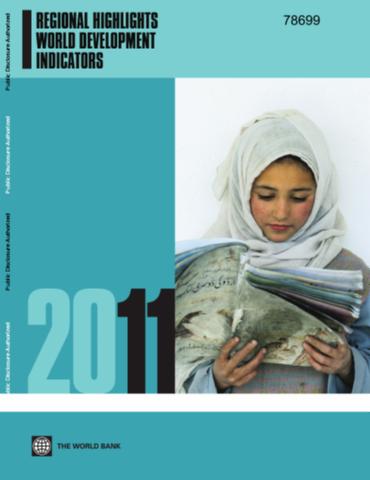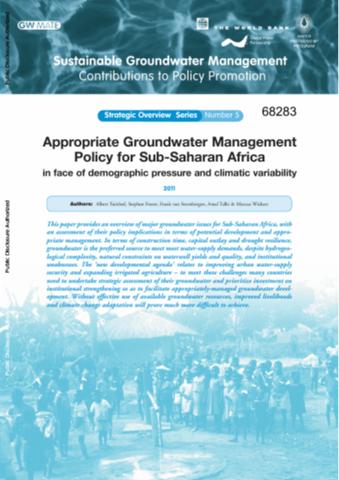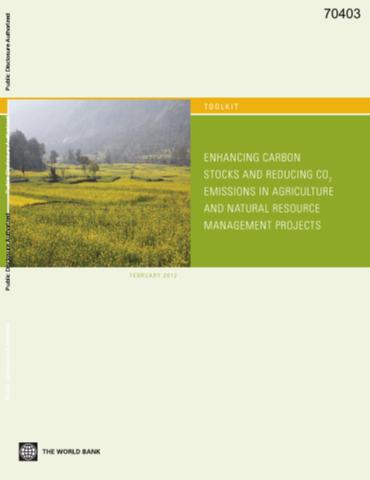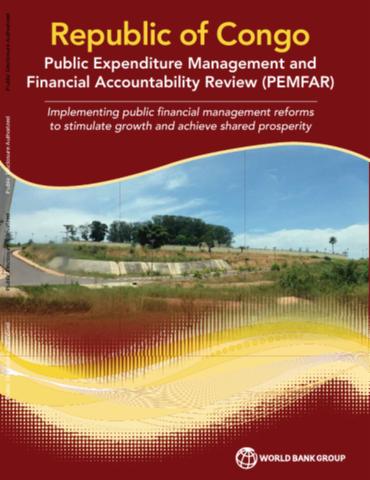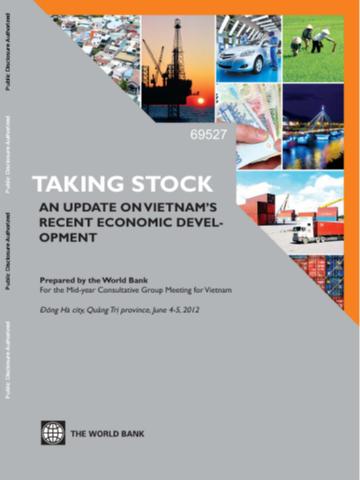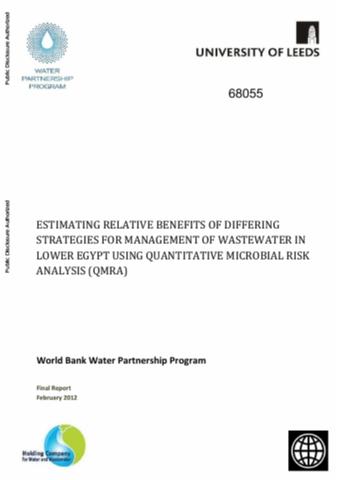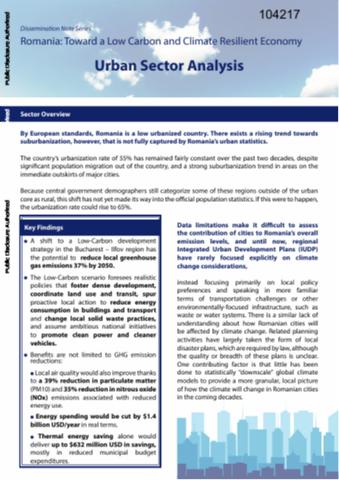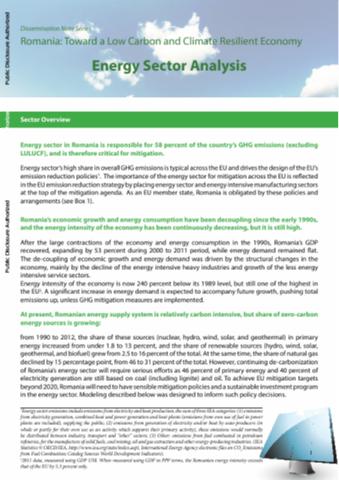Greenhouse Emissions and Climate Change
There is no longer any serious debate about whether greenhouse gas emissions from human activity are altering the earth's climate. There is also a broad consensus that efficient mitigation of emissions will require carbon pricing via market based instruments (charges or auctioned tradable permits). The remaining controversies stem mostly from economic and technological forecasting uncertainties, disputes about global and intergenerational equity, and political divisions over collective measures to combat climate change.


